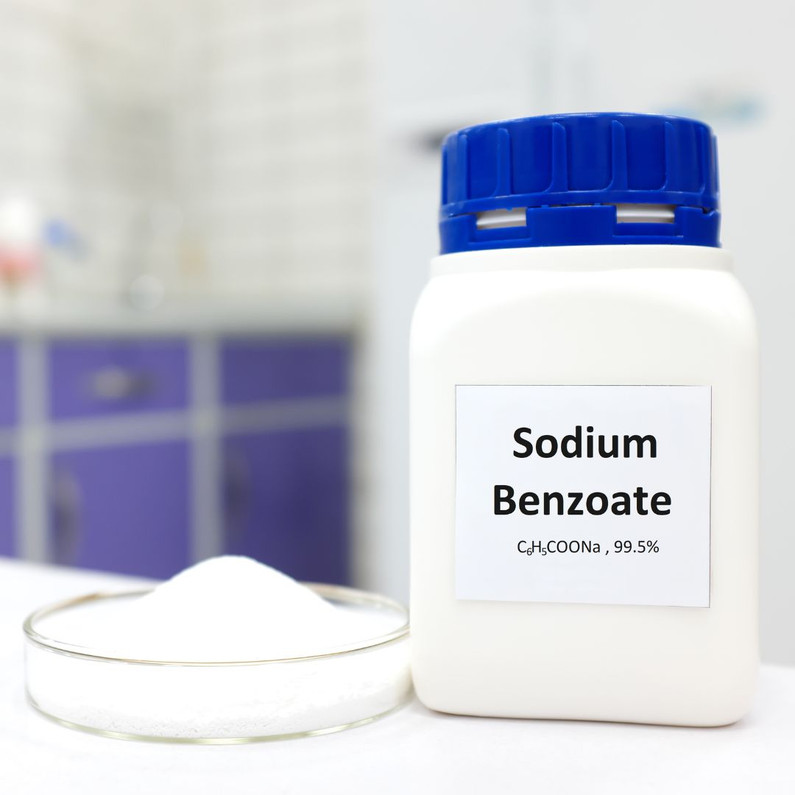Is Sodium Benzoate Safe?
Is Sodium Benzoate Safe?
On my old blog (Chemical of the Day) my listing for sodium benzoate was pretty sparse. Back then, we knew about the potential for sodium benzoate to create benzene in the presence of citric acid or vitamin C. Since then, a lot of information has come out about this common preservative in food and cosmetics.
Developmental and reproductive toxin
Sodium benzoate has now been found to be a potential developmental toxin. Researchers have been studying the way sodium benzoate can affect the development of zebrafish. (A common species used in studies because it develops in ways similar to humans.) Researchers found SB to delay the hatching of zebrafish. It also affected the way that zebrafish developed their sense of touch, affected their guts, and had malformed pronephros (basically the kidney of the fish). Another study found that sodium benzoate affected the male reproductive organs of the fish. Source Source Source
Neurotoxin
Sodium benzoate displayed neurotoxicity in mice studies. Sodium benzoate appeared to impair the memory of mice and created oxidative stress in the brain. It also reduced glutathione levels in the brain; glutathione is an important antioxidant in the body. Even short-term exposure to sodium benzoate induced these neurological effects. Source
SB has also been linked to ADHD. Source
Increased overeating
One study found sodium benzoate decreased leptin responses, meaning it could affect one's feeling of satiety and potentially leading to overeating and weight gain. Sodium benzoate is currently being studied for its potential to be an obesogen. Source Source
Hormone disruptor
Sodium benzoate is a suspected hormone disrupting chemical. In one study it increased estrogen levels. It has been found to damage DNA and increase oxidative stress and inflammation. Chronic levels of inflammation have been implicated in hormone-related disorders such as PCOS. Source Source Source Source
Forms Benzene
In the presence of vitamin C and other related acids, sodium benzoate can form the carcinogen benzene. Source Source
Other Notes
While these studies mostly apply to the consumption of sodium benzoate, much is unknown about how it reacts with skin. Estrogen sulfotransferase enzymes (SULT) are responsible for flushing the body's estrogens. Certain chemicals like parabens that have similar structures to estrogens have been found to react with the SULT enzymes in skin. When the enzymes are occupied with estrogen-like chemicals their capacity for reducing our bodies' own estrogen is diminished. Sodium benzoate does contain a benzene ring like estrogens, so it may have the potential to interfere with SULT enzyme activity. It has not been studied.
Sodium benzoate is not allowed in USDA certified organic products.
Recent Posts
-
Is Charcoal Safe in Deodorant?
Activated charcoal has become a popular natural ingredient in toothpaste, deodorant, soaps, facial c …5th Mar 2024 -
Is Stevia an Endocrine Disruptor?
Is Stevia an Endocrine Disruptor?Stevia rebaudiana, an herb native to Paraguay and Brazil, contains …9th Feb 2024 -
Is Aloe Vera Toxic?
Containing more than 200 different chemical compounds, aloe vera plants and extracts have long been …9th Feb 2024


